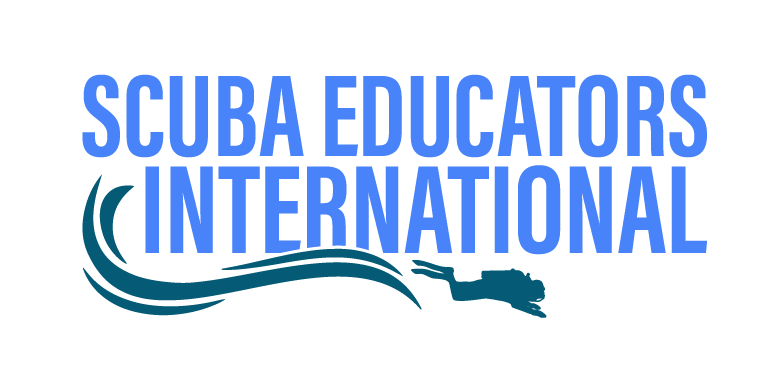Risks
As with any recreational activity, there are risks to consider. Snorkeling, skin diving and scuba can be very safe when divers are properly trained and equipped. One of the biggest risks in scuba is holding your breath during ascent toward the surface after breathing on a scuba unit at depth. The air you inhale at depth is compressed. As you rise to the surface, the ambient pressure is reduced and the air in your lungs expands. If you hold your breath, that air can over-expand and damage lung tissue. This will be further explained in this course and by your instructor. The key safety slogan for scuba is: “Always Breathe – Never Hold Your Breath.” Being in a water environment presents some risks, but if you are properly trained to deal with these risks, diving is as safe as if not safer than many other recreational activities.
Other risks will be explained by your instructor during the first session of your class. Become informed, learn and practice safe diving to reduce those risks to an acceptable level. As a child you learned to look both ways before crossing a street. In scuba, you will learn how to remain safe as you become a certified diver.
